Knife Makers and Collectors Enjoying More Lenient Knife Laws in Denmark
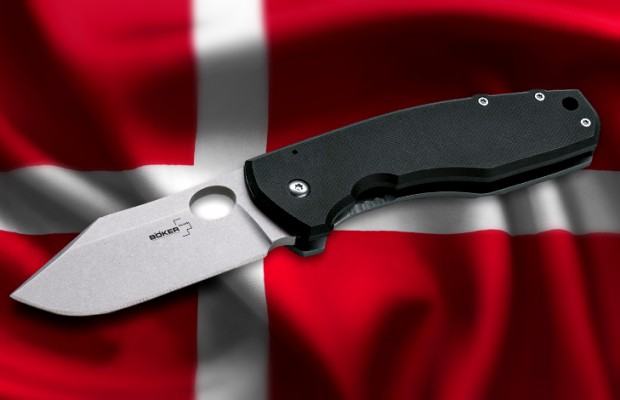
Prior to July, Denmark had some of the most severe restrictions on knife ownership in a continent known for having the harshest knife laws on the books. This summer, the Scandinavian country updated its legislation to make it legal to own, and in some situations carry locking knives with blades up to 12cm (4.7”) long. By US standards, the laws governing knives in Denmark remain fairly restrictive, but the changes are beneficial to Danish knife makers and collectors.
Before the changes, locking folders were totally outlawed in Denmark. Only non-locking, two-hand opening knives with a blade of 7cm (2.75”) or shorter were permitted. It’s hard to imagine incurring steep fines or even jail time for simply owning a Spyderco Ladybug, but in Denmark this was an everyday reality. “Even with a 1.5-inch bladed Spyderco locked in your safe, you were breaking the law,” Danish knife maker Jesper Voxnaes tells us.
When it comes to EDCing locking knives, Voxnaes explains that the new laws are still impractical. “I doubt anyone would start carrying because of the change.” Knives are prohibited in most public places and establishments. If stopped by a police officer in a visitation zone (areas where police can conduct searches at their discretion), knife owners must cite a legitimate reason for carrying a knife to avoid repercussions.
What constitutes a ‘legitimate’ reason? That’s a gray area. Something as simple as peeling an apple is technically acceptable, but ultimately it is up to the police officer to determine if he finds the knife suitable to the task. “This will be a problem at points, I fear,” Voxnaes acknowledges.
> > Keep your folders awesome. Grab a Pack of 5 Microfiber Blade Sleeves for $8.99 < <
Voxnaes says that the change will most positively affect Danish knife makers. For designers like Jens Anso, Mikkel Willumsen, and Voxnaes, producing and selling blades in a country so opposed to modern folding knives was a tricky business. A collaborator with multiple production knife companies, Voxnaes wasn’t able to have production prototypes of designs like the CRKT Amicus or Böker Plus F3 II sent to his shop without breaking the law. “Sometimes I would have them sent to Germany, and drive six hours to evaluate them,” he recalls. “I got super excited for the change since it would make my life so much easier and allow me to do my job.”
Knife featured in image: Böker Plus Jesper Voxnaes F3 II


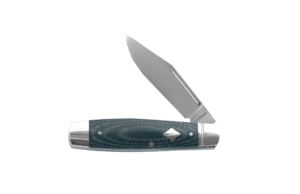
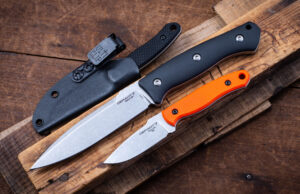
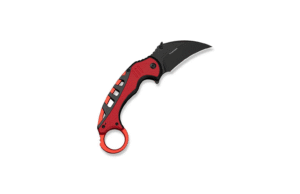
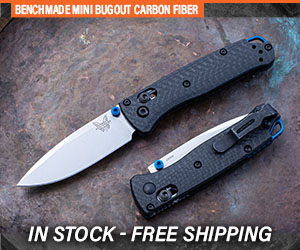
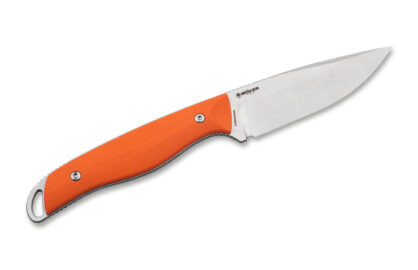




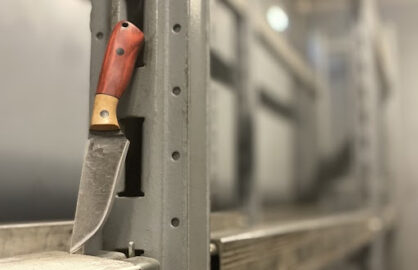

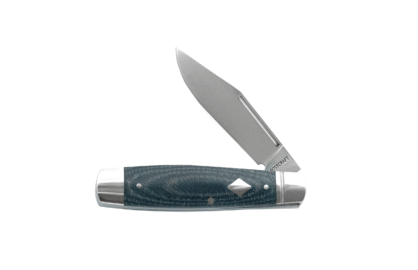
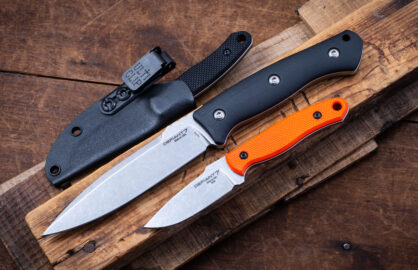
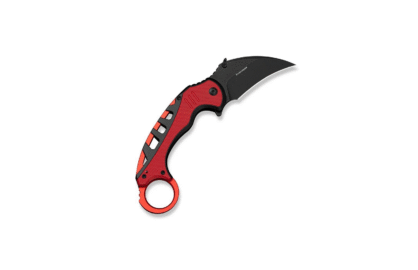
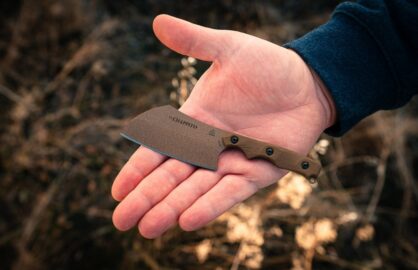
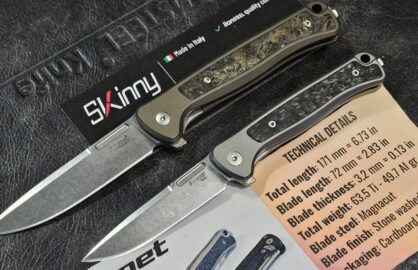



0 comments